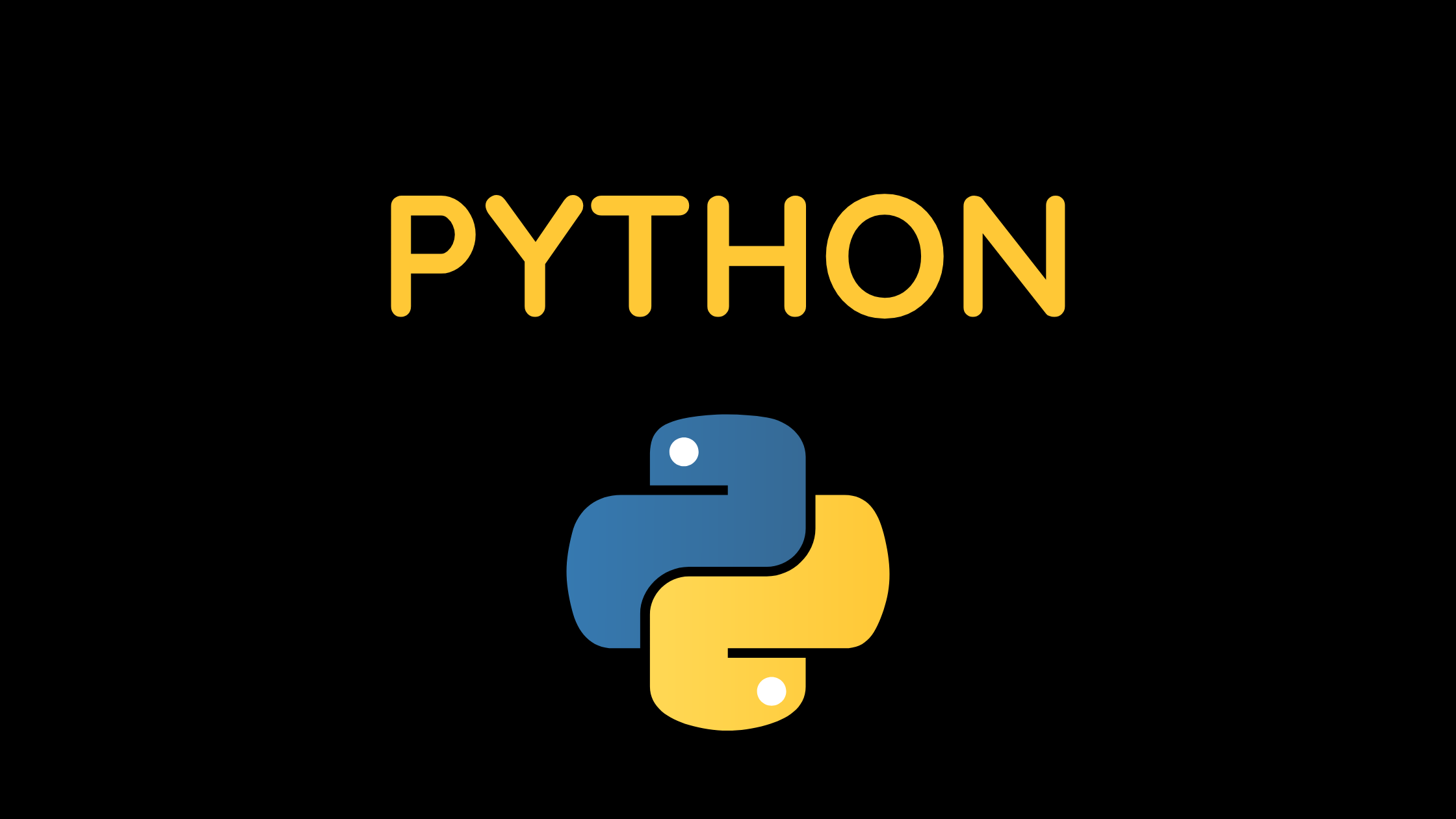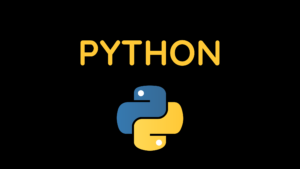Welcome to our comprehensive guide on conditional statement in Python. Conditional statements allow you to control the flow of your program based on different conditions. In this guide, we will explore the if statement, else statement, and elif statement, helping you write efficient and logical Python code.
Understanding the if Statement
The if statement is the most basic form of a conditional statement in Python. It allows you to execute a block of code only if a certain condition is true. The code within the if statement is executed only when the condition evaluates to true.
if condition:
# Code to execute when the condition is true
Using the else Statement(Conditional statements)
The else statement is used in conjunction with the if statement to specify a block of code to be executed when the condition of the if statement is false. The code within the else block is executed only if the condition in the if statement is false.
if condition:
# Code to execute when the condition is true
else:
# Code to execute when the condition is false
Introducing the elif Statement (Conditional statements)
The elif statement (short for “else if”) allows you to check additional conditions after the if statement. It is used when you have multiple conditions to evaluate, and you want to execute a specific block of code corresponding to the first true condition encountered.
if condition1:
# Code to execute when condition1 is true
elif condition2:
# Code to execute when condition2 is true
elif condition3:
# Code to execute when condition3 is true
else:
# Code to execute when all conditions are false
Let’s look at a few examples to better understand how conditional statements work in Python:
Example 1: Checking if a number is positive or negative
num = int(input("Enter a number: "))
if num > 0:
print("The number is positive.")
elif num < 0:
print("The number is negative.")
else:
print("The number is zero.")
Example 2: Determining if a year is a leap year
year = int(input("Enter a year: "))
if year % 4 == 0:
if year % 100 == 0:
if year % 400 == 0:
print("Leap year!")
else:
print("Not a leap year.")
else:
print("Leap year!")
else:
print("Not a leap year.")
Mastering conditional statements in Python allows you to control the flow of your programs based on specific conditions. Incorporate if, else, and elif statements to make your code dynamic, logical, and more versatile. By understanding how to effectively use these control flow statements, you can write cleaner and more efficient code.
Start utilizing conditional statements to enhance your Python programming skills and take your projects to the next level. Experiment with different conditions and scenarios to gain a deeper understanding of their applications. With practice and experience, you’ll become adept at leveraging the power of conditional statements in Python.

